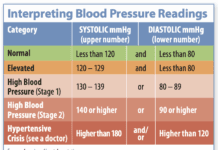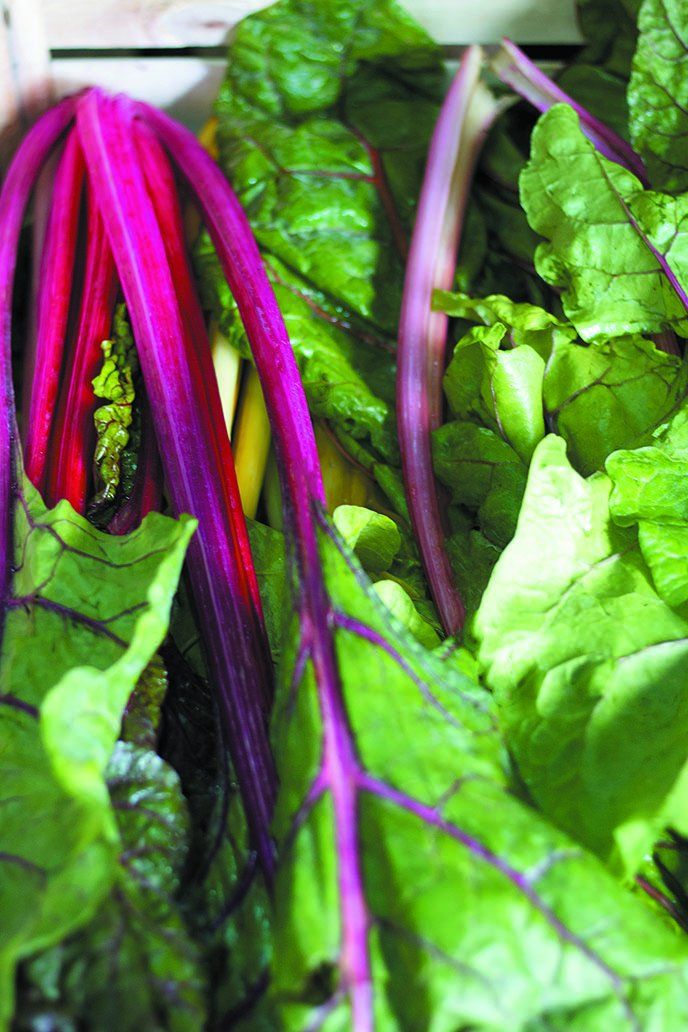Image © Thinkstock

A. Lauren Miller, an intern at Tufts’ Frances Stern Nutrition Center, answers: “Increased intake of dark leafy green vegetables has been associated with lower risk of certain chronic diseases, including type 2 diabetes, high blood pressure, cardiovascular disease and stroke. Beet greens are a great source of fiber and a good source of protein. They are high in vitamins K, C and E and B vitamins. They are a great source of vitamin A, due to the high concentration of beta-carotene and lutein, which plays a role in eye health. They are an excellent source of minerals including copper, potassium, manganese, magnesium, and calcium. Compared to mustard and turnip greens, beet greens are higher in protein, vitamin A, vitamin C, calcium, magnesium and iron.
“Beet greens contain oxalates, which naturally occur in a variety of foods, especially in plants. When high-oxalate foods are combined with calcium-rich foods or supplements, oxalate crystals can form. For people with kidney stones, it is best to eat foods low in oxalate and restrict beet greens.
“When buying beet greens look for crisp-looking greens, choosing smaller beet roots over larger, tougher ones. Cut the greens and their stems from the beet roots, place the greens in a plastic bag, squeeze out any air, and store in the refrigerator for up to four days. Enjoy beet greens in a salad, add to smoothies, boil, steam or saut them for a side dish.”






















